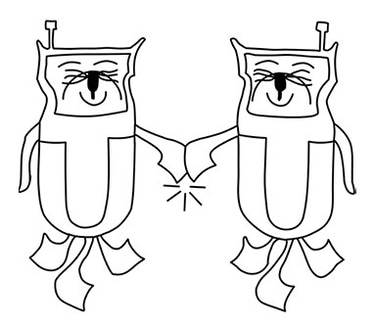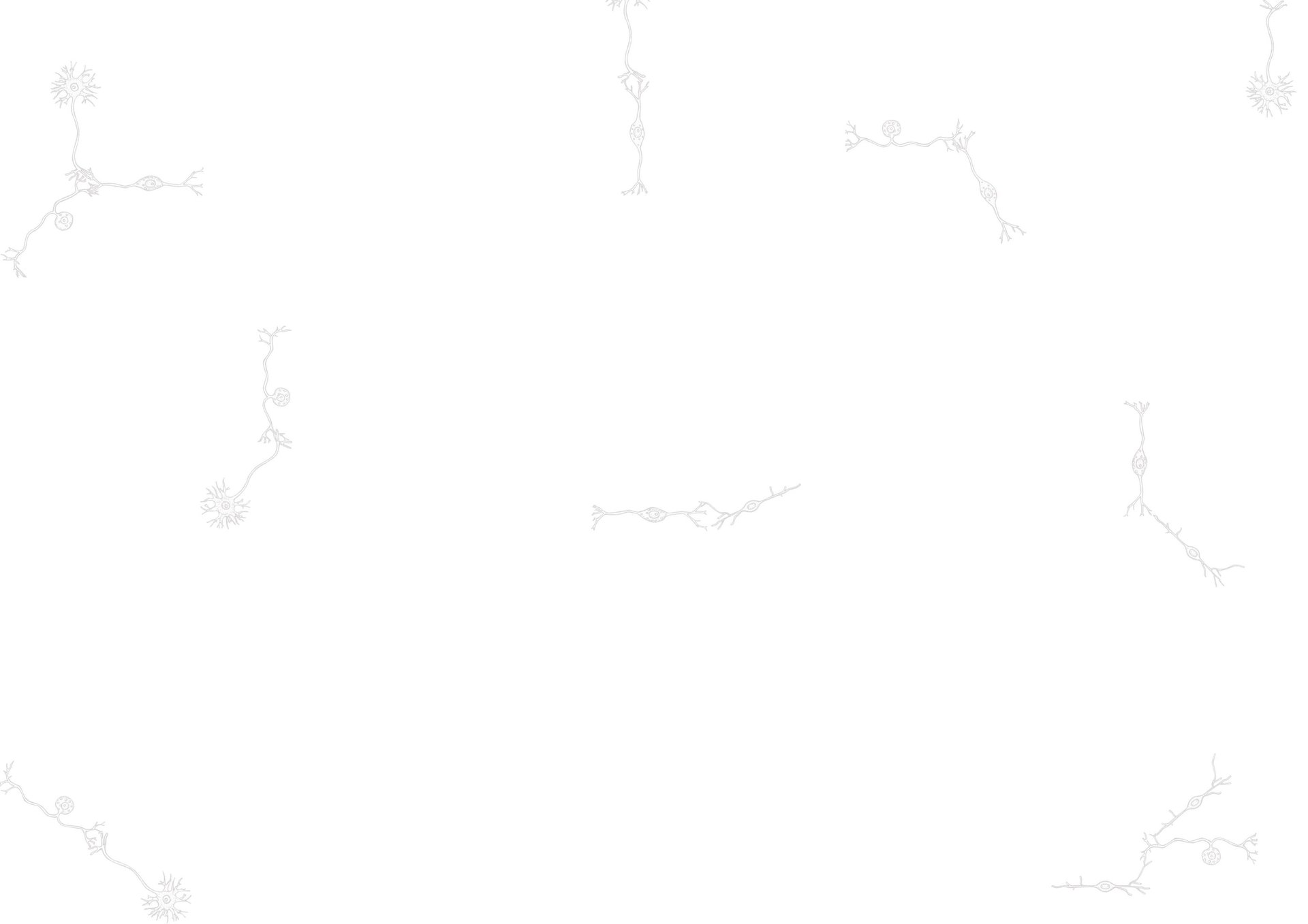
DO YOU KNOW YOURSELF?
A TALE OF GENETICS, ENVIRONMENT AND CHAOS
A project in process, by Shenny A. Madrigal & Daniel B. Arvizu.
Darwin’s baby follows the venture of an illustrator and a cartoon science-philosopher in their pursue to uncover one of the great mysteries of human identity, the extent to which biological mechanisms influence human behaviour. Is there a dimension where the inbuilt program of the mind ends and the self begins?
With the participation of Dutch science philosopher and writer. C.J.J. Buskes.
The original Soundtrack by Italian composer, guitarist and improviser Alberto N. A. Turra & Singer-songwriter Sarah Stride.
Darwin’s baby was selected for a development grant by the Sundance Institute in 2020.
Recent psychological experiments have shown that people generally have a poor knowledge of themselves. What’s more, that our self-image has little to do with our actions and perceived identity. Apparently, the answer we give to the question, –Who are you?– it may be an illusion.
By the time the ancient greeks had inscribed in the temple of Apollo at Delphi –Know thyself– the paramount importance of the injunction was well established.
But regardless of the ancientness of the command, the question, –Who are you?– or more precisely, –Why are you the way you are?– are questions that in our days (in the post-darwinian revolution) can be answered in the most exciting ways ever imagined.
Our species has just recently achieved the capacity to look at itself from a new perspective, other than the philosophical o theological one, but instead from a biological one.
DARWIN'S BABY
.....
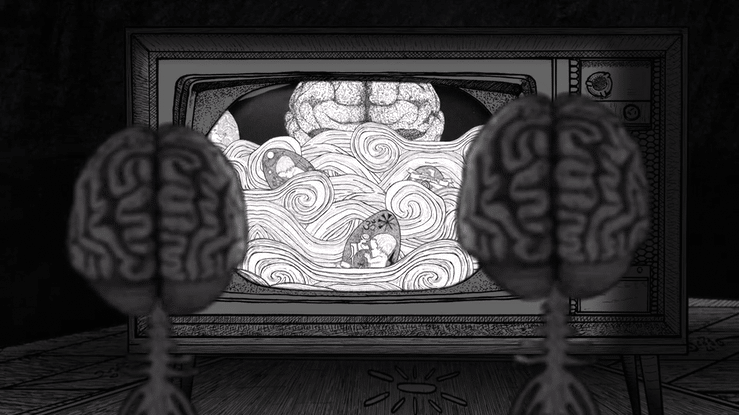

Since its inception, just some decades ago, the subfield of evolutionary biology has exposed the tight hold that biological mechanisms have over our existence. A hold which in turn is influenced by an intensely, entangled interaction with the environment.
As the field has grown and expanded, research has shown how broad the province of environment is. Environment as the food you ingest; environment as in the sociocultural context; environment as the ecosystem; environment as in the emotional dimension; environment as all of the above, but experienced by the individual's ancestors. Environment is still being defined.
To complicate matters further, there is a third character in this process, an unknown and unpredictable force which will influence the way the events will unfold. We will call it “Chaos” for convenience. In every mutation; in every cell duplication, in every enzyme manufactured, in every synapse, chaos is on duty.
As if they were braiding a braid, the interactions between the biological dimension, the environment and the decisive influence of chaos, shape our lives.
Thus, –to Know thyself–, you should –Know thy species first–.
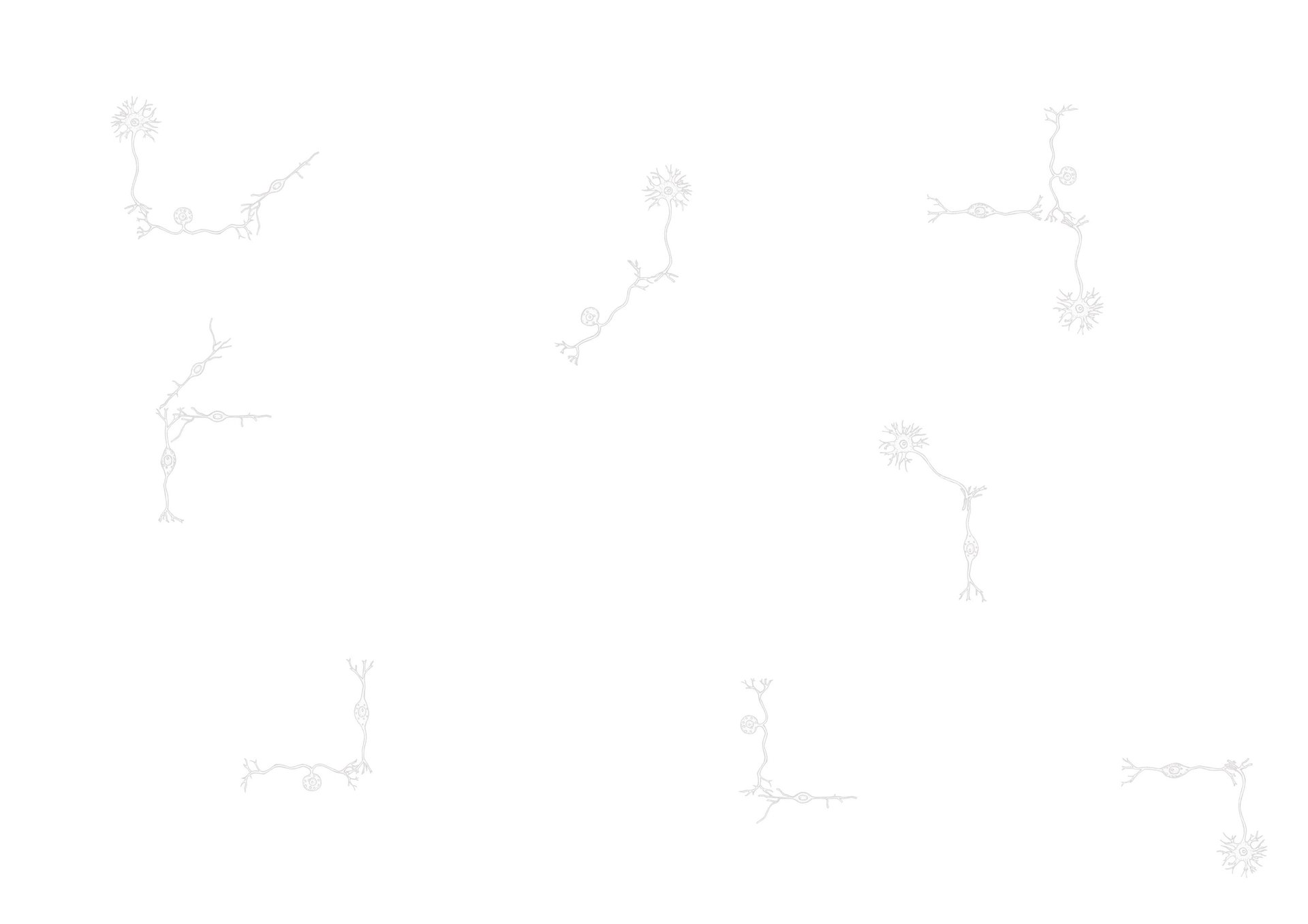
YOU CAN'T SPELL –COMPLEX LIFE– WITHOUT EUKARYOTE
ODE TO EUKARYOTE
It may seem as an overstretch going all the way back to the eukaryotic origins in order to understand the ways of our species. But the foundations laid down at the origin of life, the relationships that were established, the agreements, the associations, all the mechanisms that regulate the parts involved, are still in place, active and well.
Look at you.
Fully clad in flesh and bone.
It’s been a long road, for you to built this form.
Do you remember?
All those millions years ago, when you were swimming along friends and foes.
No one knows how you two came to get along.
(Around two thousand million years ago)
Prokaryote!,
Mitochondrion!
The globe is teeming with your brood.
Oh chimeric Eukaryot
I’m afraid to ask, but, are we just a bunch of cells and microbes on a trench coat ?
This is attested by the collection of microbes, –bacteria, viruses, fungi and archaea–living in and on body organs, such as the oral cavity, mucosa, skin, mammary glands, the gastrointestinal, respiratory and urogenital tracts.
A number of essential body functions are taken care of by these microbes, assisting us with digestive processes, helping us manufacturing vitamins, influencing and helping regulate our immune system, even in many cases protecting us against diseases.
The relationship is even more shocking when confronted with the fact that recent estimations pointed out that the microbiome could account for up to 50% of our bodies.
.....
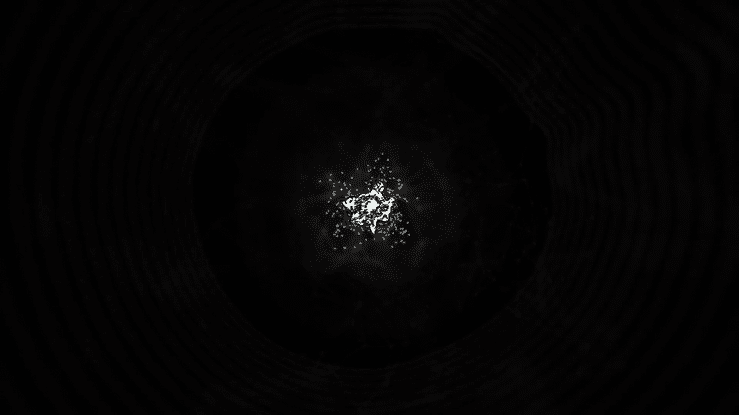

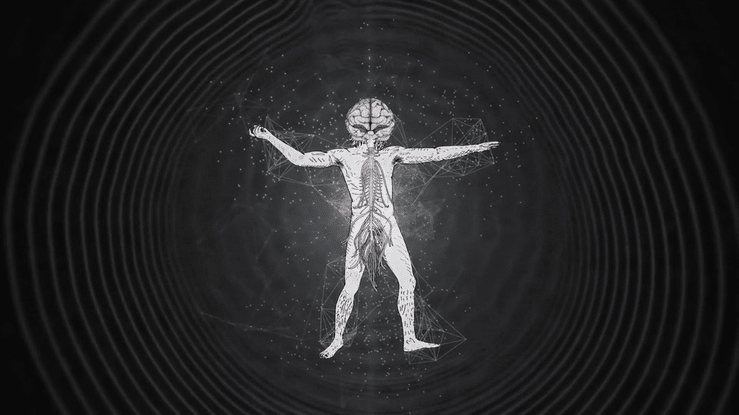

.....
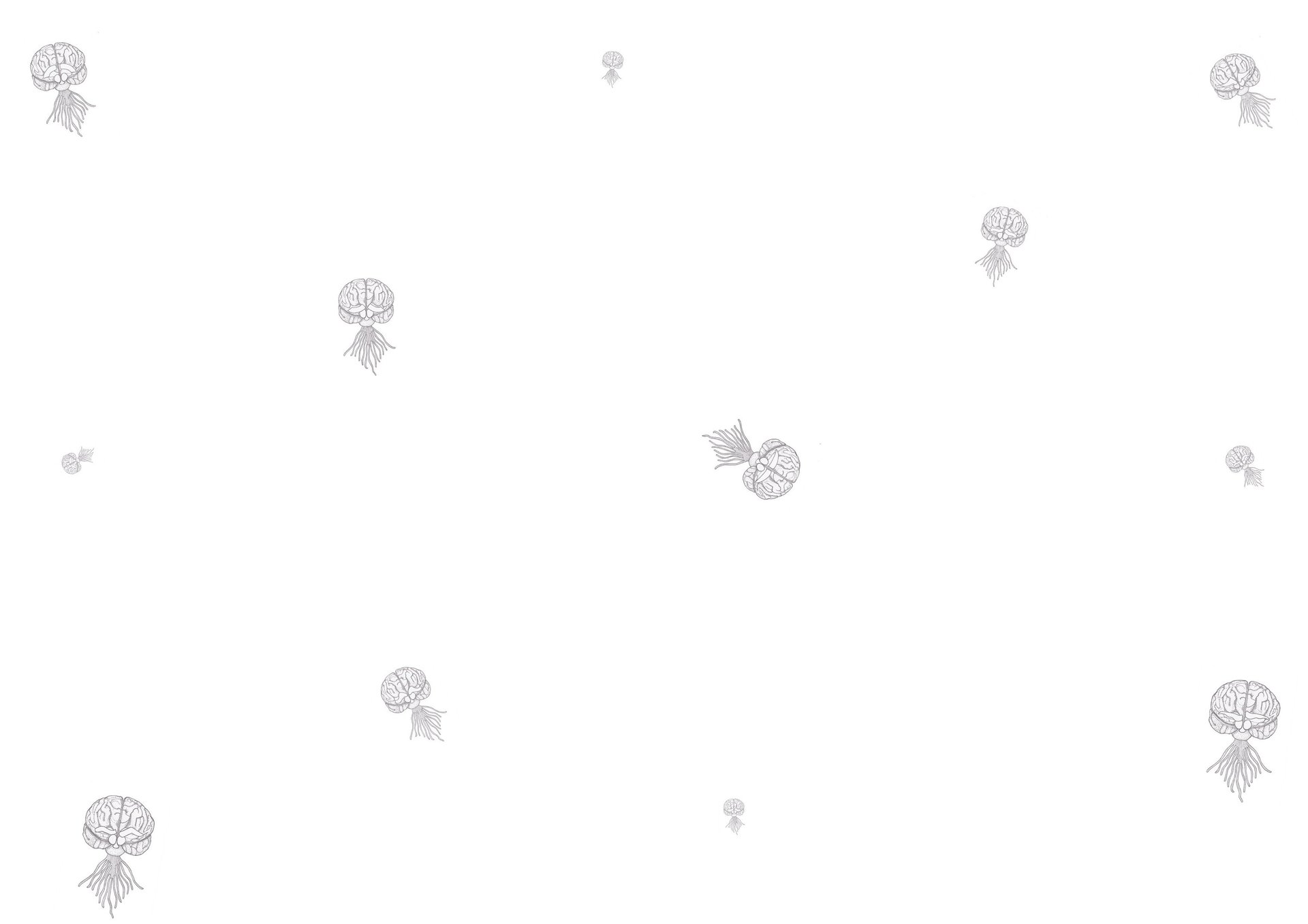
When we are born, we are born amnesiac.
There is no way we could be aware of the long road our genes have traveled.
All the alliances we've made, and how many times we have parted ways.
Though, our inner self is very aware.
FROM EUKARYOTE TO HOMO SAPIENS
THE LONG ROAD
Most of our history we have had a contentious relationship with microbes, since it was impossible to understand their existence and nature only through clear cut reasoning. It was only after enough technological advances were achieved, that it became possible to explore them, and that their true symbiotic value was recognised.
The grim reality is that roughly half of all species on earth are parasitic, this is reflected in the substantial number of species that in an attempt to curb parasites chose to reproduce sexually, in spite of being a costly process, and in many cases even disadvantageous.
It is in this regard that the poem "The Hollow Men" of T.S. Elliot is commonly quoted;
...
Evolutionary biologist David Haig defined individual organisms as –social selves– collective entities, made up of genomic constitutions, with non-identical evolutionary interests.
Richard Dawkins thinks of the body as a colony of genes, and the cell as a convenient working unit for the chemical industries of these genes.
While on her part, Lynn Margulis thought of the individual as a colony of collaborating bacterial genes.
Living complex organisms are made up of independent entities, built upon the integration of many different structures and systems working as modular components, each one with its own set of rules, needs and priorities. Subordinating their own interest to a common purpose, at least most of the time.
Our first clue, living organisms aren’t unified entities: each individual is a multitude.
"This is the way the world ends, not with a bang but a whimper"
I don't get it.
Is the individual the painting? Meaning, the piece of artwork. Or are we just the canvas?
Is the phenotype the pigment and the genes the sitter?
Then, who is the hands' painter, the microorganisms or the genes?
But then again, who is the brush?
...
By contrast, there is another category of microorganisms, which are openly detrimental to our health, –the parasites–: viruses, bacteria, fungi, protozoa, and worms.
This sort of microbiome evil twin, has had an enormous influence over our journey. Wether decimating populations, or shaping our behaviours, whether manipulating us or through the sociocultural rules established in order to avoid being decimated by.
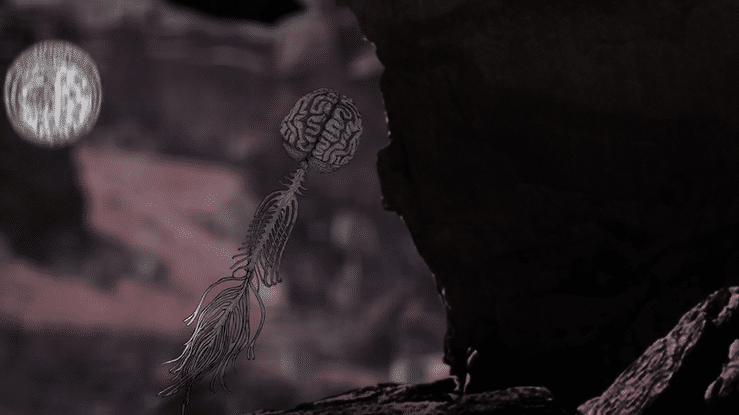


FROM BIPEDALISM TO THE NUCLEAR BOMB
–"Every living organism, every organ of every organism, not to mention tissues and molecules, whether or not they are still in use, bears the accumulated imprints of multiple past lives. Never permitted the luxury of starting from scratch to produce the perfect solution, natural selection recycles workable solutions for a "good-enough" fit, meaning simply: better than the competition""–.
Sarah Hyrd.
We share a range of features with all organisms.
Beginning with cells, the central unit of life. All living organisms are made up of cells, and within their cells there is DNA, the primary unit of heredity. The biochemical functions of animal, plant, fungi, and protist's cells are all alike.
As vertebrates we share having a backbone with fish, amphibians, reptiles, birds, and mammals.
As tetrapods, we share having a body structure with four limbs. This includes amphibians, reptiles, birds, and mammals.
As mammals we share having modified sweat glands into milk-producing glands, for feeding the offspring; the presence of fur or hair; specialised teeth and the neocortex region in the brain, among other characteristics.
As primates we share the enhanced sense of vision; fingernails and hands capable of grasping et cetera et cetera.
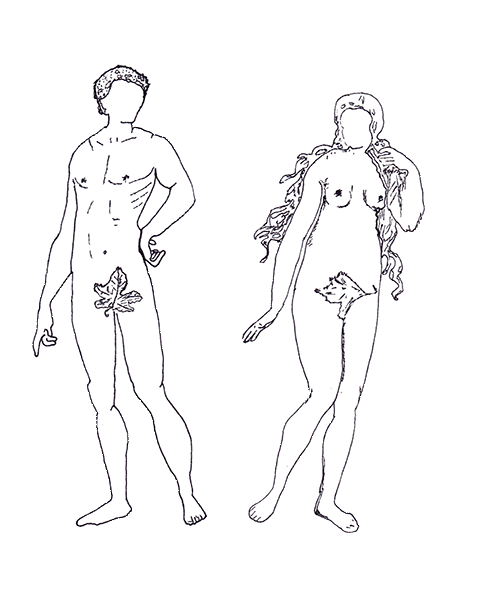

The first signs of occasional bipedal locomotion are found in –Sahelanthropus tchadensis–, the oldest known human ancestor, after the split with the line of the chimpanzees, around 6 million years ago. In the next million years the bodies of our ancestors kept evolving, retaining for a while arboreal skills, walking upright most of the time, until they became fully bipedal.
Bipedalism created a domino effect that would drastically change the anatomy and the behaviour of our species, and eventually would transform the face of planet earth.
As great apes we share having a larger brain; opposable thumb and lacking external tail.
As members of the Hominin Lineage, we share with all the extinct species bipedal locomotion, smaller blunt canines and altricial birth with long juvenile dependency, and so forth.
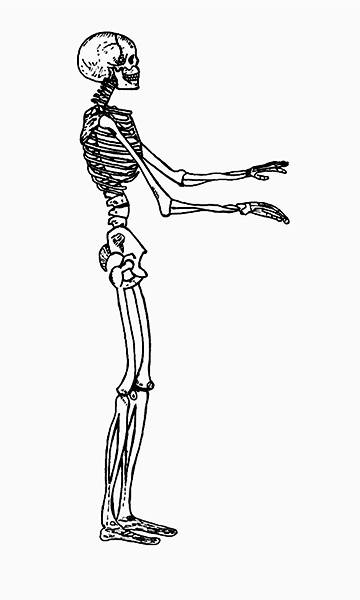

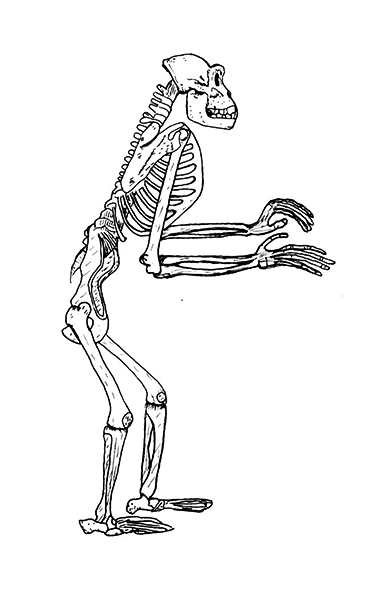

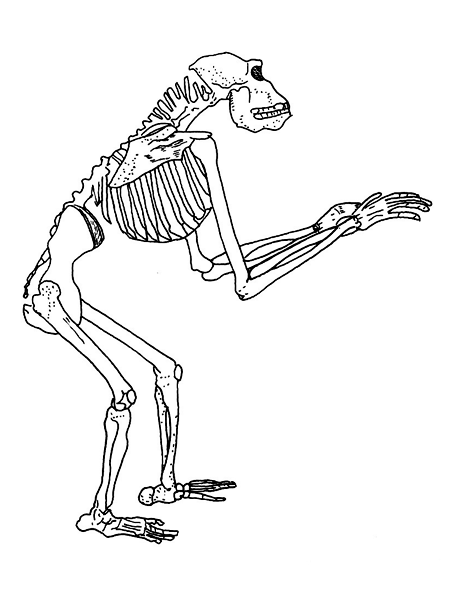

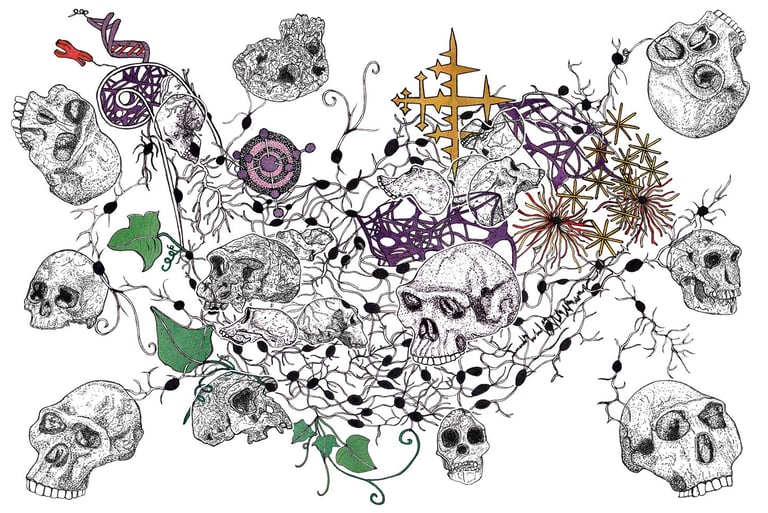

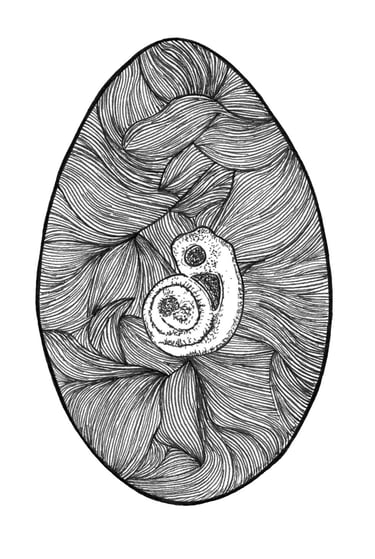
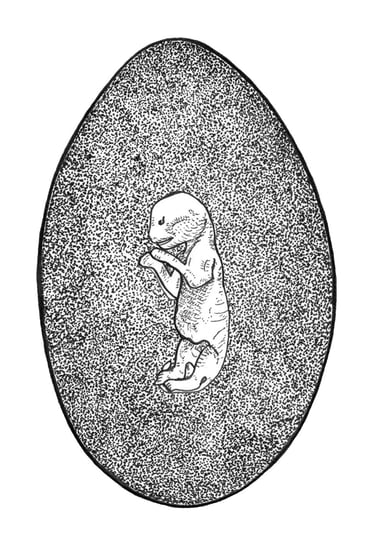
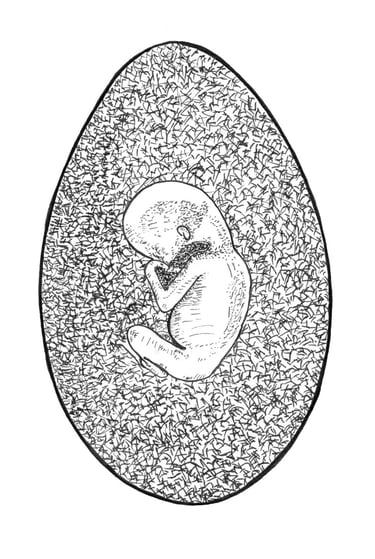
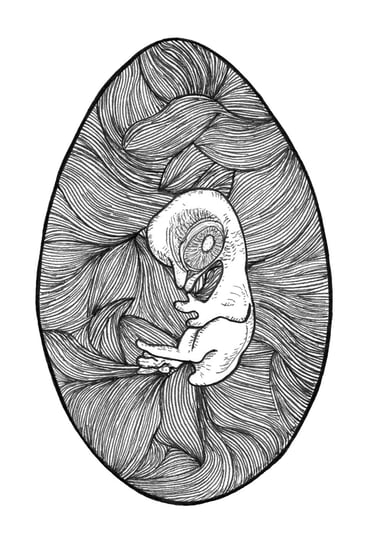
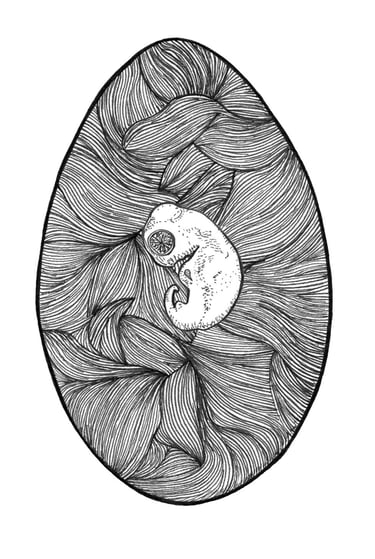
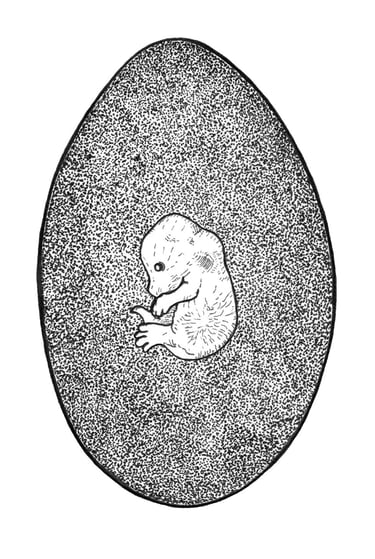
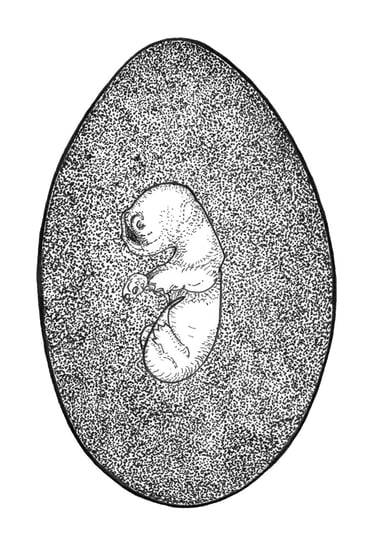
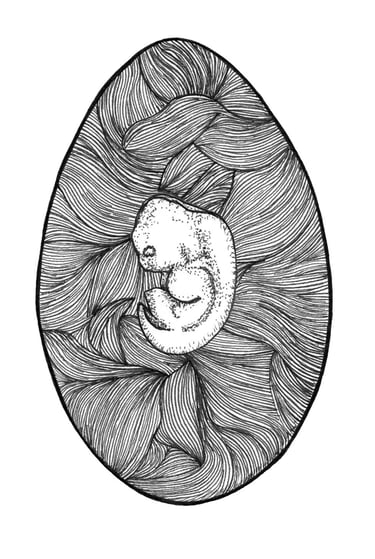








...
YOU ARE HERE.
So, now you can walk on two legs? Mhm.
And I see you let grow that thing on top of your head too.
No, I'm not talking about the hair, I mean the neocortex.
A full revamp ah.
Looks pricey.
So, how much did it cost you?
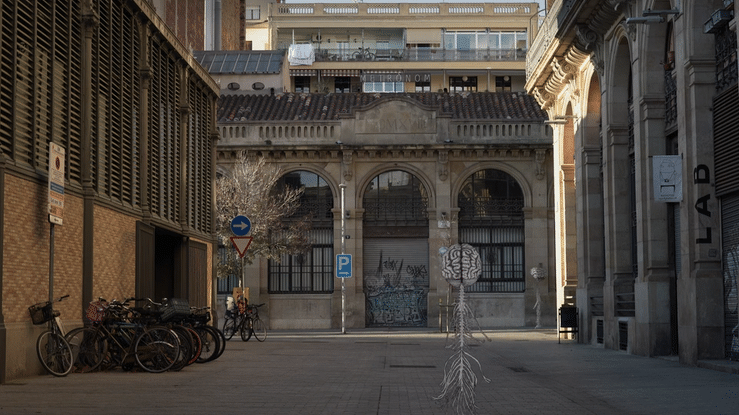

Bipedal locomotion freed our hands, and allowed our forebears to venture further and further into unknown charts, whether territorial, technological or social.
There are clear advantages in having the capability of moving while at the same time being able to transport any cargo; whether be food, infants or tools. Likewise, there are numerous terrains in which bipedal locomotion confers panoramic view, which comes very handy in predator risk areas, or in the case of foraging opportunities. It is being theorised that the upright position prevented overheating while foraging in open areas.
Scientific research has shown that bipedalism is as efficient as quadrupedalism, with no significant energy-saving benefits. Similarly no increase in speed, but rather the capacity of enduring walking and running for long distances, fundamental for big-game hunting.
In order to know thyself, one should know where one comes from.
But how could we even suspect how remote and complicated our origins are?
Bipedal locomotion is unquestionably a milestone in human evolution, the defining trait that would eventually be the onset for a broad and deep transformation, anatomical, physiological and psychological.
But of course, seismic changes don’t come cheap, in the end is all about the trade-offs. To such monumental risk, what return could our ancestors expect?
On the other hand, the upright position exposes the abdomen, with all of its internal precious organs, to all sorts of trauma. A move so bold that even hundreds of thousands years later, our body language still gives us away when we are feeling vulnerable and instinctively cover our midriff.
The vertebral column and the pelvis took the brunt of the transformations required for an efficient bipedalism. A fact that even today keeps exacting a toll on us. Back pain and other skeletal problems are fairly common among humans, after all distributing all the weight on two limbs instead of four, can be exacting with the lower back, the hips, the knees and feet.
Among the many changes brought about by bipedalism, those involved in giving birth will turn out to be one of the most problematic, and perhaps the most influential.
“It takes a village to raise a child”, said the ancient proverb.
...

...
...
Within the skeletal modifications for bipedalism, the pelvis experienced a reduction, turning out shorter and rounded, and as a consequence reducing the space of the birth canal. Giving birth became extremely dangerous for both the mother and the child.
In order to navigate the intricate maternal pelvis, babies would have to be born prematurely, to continue the gestational process outside the womb. This vulnerable state has been termed “secondary altriciality”, infants are born completely helpless, not being able even to hold their own head. For a prolonged period of time, infants are entirely dependent on caregivers for foraging and for taking care of themselves.
Recent findings have shown that by the time of Lucy, the famous Australopithecus afarensis, babies were already being born prematurely, with brains of 30% the average of the adult brain size. Australopithecus afarensis' brain size was ape-like, about 450 cubic centimetres.
In less than 4 million years, the hominid brain increased three times its size, Homo Sapiens’ brain has reached a volume of 1,350 cubic centimetres. At birth an average baby's brain is a quarter the size of an adult brain, by the first year, it duplicates its size, and by the age of five, is nearly full grown.
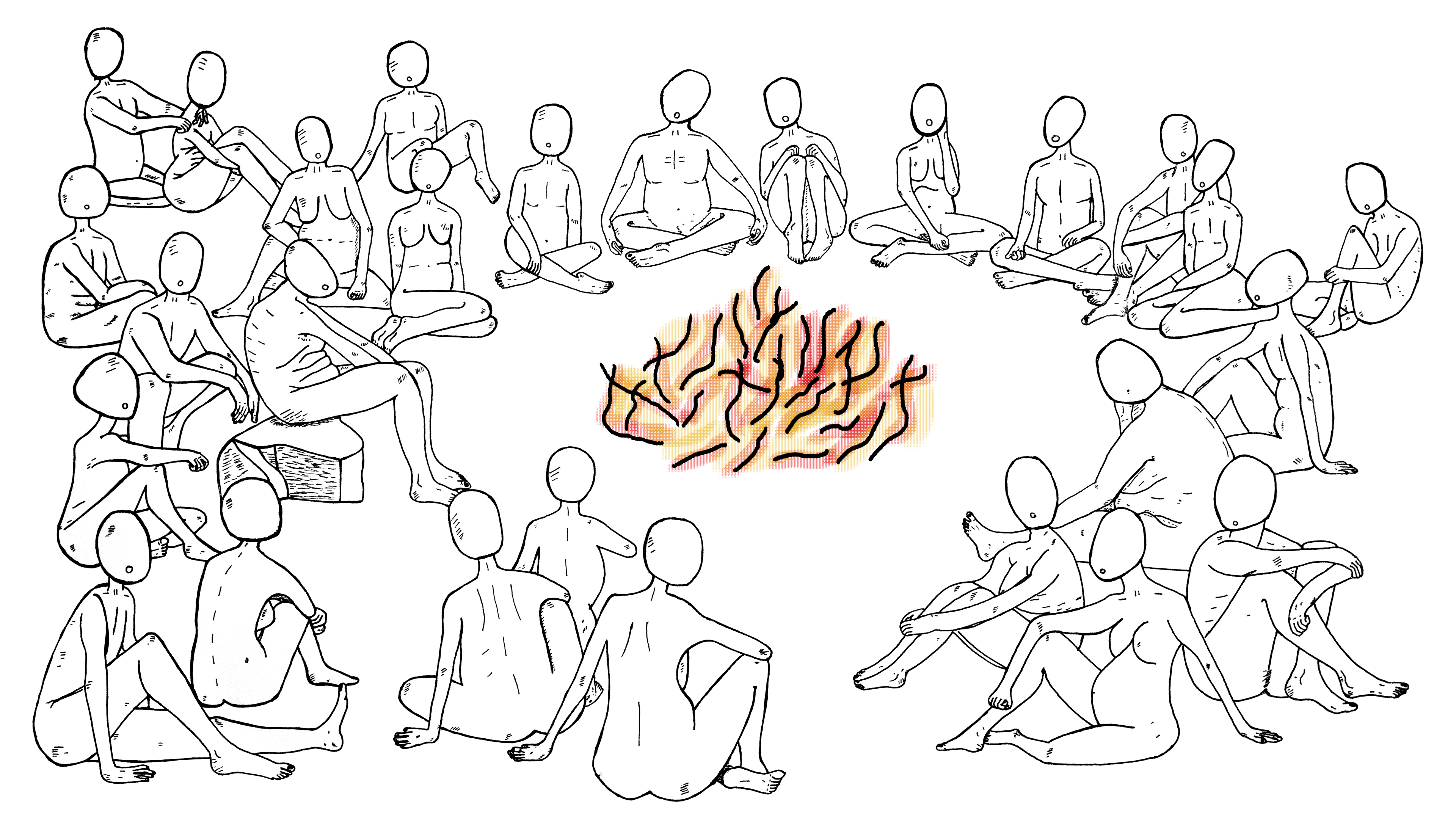

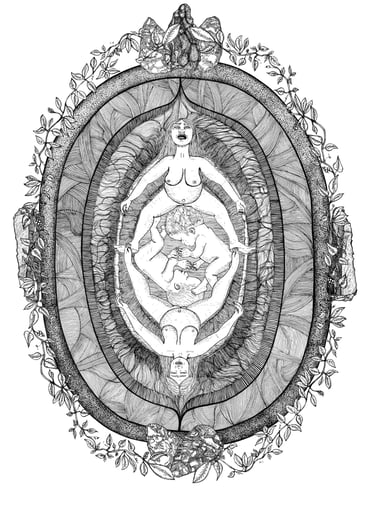

As babies were being born more and more immature, both mother and child would've been increasingly dependent on the assistance of family, friends and other group members in order to survive.
You wonder–Why is the father not mentioned? Well, that is a tough nut to crack, which will require some careful unfolding, along with the partial loss of oestrus in human females, the emergence of language, music and ritual.
In the meantime let him sit anonymously among friends and other group members.
FROM SECOND ALTRICIALITY TO MONOGAMY
How could a species like Homo sapiens ever evolve?
How could females so clearly at risk of reproductive exploitation be selected to produce such large-brained, vulnerable, slow-maturing offspring?
Why not instead opt for (or more likely, continue to produce) babies that a mother could rear by herlself –the way chimp mothers do. Although chimp moms require males for protection from other males, they do not need mates to provision their young.
To me the only possible solution is that humans did not evolve in mating systems where mothers depended entirely on husbands to provision them. Otherwise, why wouldn’t females be selected for self–sufficiency– as chimp females have been?
Sarah Hrdy
That being so, what kind of community would emerge from the exacting demands of these vulnerable premature babies?
Based on the list of characteristics described by Dunbar (2023) it is probably safe to assume that the earliest members of the hominin lineage already lived in stable bonded social groups; within, its members would have been familiar among them; they would had well-differentiated relationships; as well as to tolerated each other close proximity; had stable long-term relationships and were hierarchically-organised.
The toll that the susceptible young imposed over the caregivers, will inadvertently push for a more cohesive cooperative group. Even today, millions of years after the relentless process started, we are still looking for a common ground as to how to better manage the asymmetric demand of parental investment between men and women.
A bit more obscure to define is, who mated with whom? Do they were monogamous; polygamous; polygynous? At what point do they start practicing cooperative breeding?
Of all of the mysteries to be deciphered about human nature, this is probably the most incendiary of all, and at the same time, one which holds the power of transforming the way we understand and organise our societies.
It is popular opinion that human beings are a monogamous species, indeed the nuclear family is generally regarded as an innate system, established in accordance with nature. Alike is the predominant belief that females are intrinsically monogamous, lacking inherent erotic desire. Whereas for males monogamy or polygyny is just a matter of resources, the number of mates will depend upon his capacity to provide for them.
Except that, you need two to tango, and this narrative does not take into account female biology. If women are cut to be monogamous, what is the sense of concealed ovulation? Why would a mechanism like cryptic female choice would still be active and present? Why would the intense and acute female desire ever exist in the first place?
And in turn, why male sperm would have such mobility? And why would it be produced at such rates?
The evidence is quite confusing, if not right down contradictory.
In any case the standard reading of human sexual selection seems more an artificial construct which seeks to validate an androcentric view, rather than an accurate description of Homo Sapiens mating system.
It is perhaps that a considerable number of the studies carried out are male biased, mainly focused in male-male competition; scrambles or sexual coercion. With less focus on female choice or sperm competition.The most telling mechanisms related to the female reproductive system have been systematically overlooked.
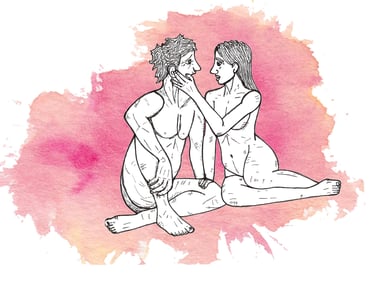

Yet, monogamy, at least for the past tens of thousands years has been predominant among human beings. Most likely not a long-term monogamy as is expected today, but more a kind of serial monogamy, with pair-bonding reaching the necessary length of time for the offspring to be weaned. Or perhaps Wilson's proposal of sex as a bonding device is correct, and the monogamous long-term relationship was established on the ground of emotional support and friendship, rather than related exclusively to reproduction.
Many have argued that the close and prolonged cooperative existence meant the very secret of our human ways. It has been theorised that the collaborative nursing system, not only altered a number of behaviours related to reproduction and the rearing of infants, but that would ultimately be the onset for the increase of brain size in hominins, not to mention the origin of language, music and ritual.
Is not difficult to understand the intrinsic hardships of living in large groups, being constantly in close proximity to group members. Robin Dunbar proposed the–Social brain Hypothesis–, in which he expanded Jerison’s identification of the correlation between primate brain size,–particularly the neocortex– and average group size.
It has been theorised that the complexities of living in intricate social groups selected for an increase in executive brain. Executive functions referred to the cognitive processes needed for planning, decision making and the cognitive control of behaviour.
In the past years “monogamy” has been added to the equation, with an ever increasing number of researchers arguing that the main drive for increasing in brain size was monogamy rather than social relations.
It is why love is such a headache?
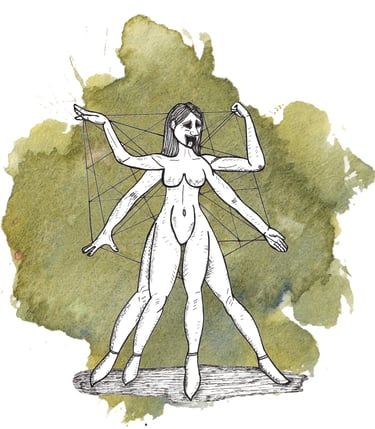


ARE WE BORN INTO A FATE?
So, what are we? When we think about what we are as human beings, I always think that there are five components:
We’re the product of our genetics.
We’re the product of our environment, or indeed our grandparents environment, that makes a difference to who we are, that give marks in our DNA that changes who we are. So we really don’t even understand at all what environment really means.
We’re also the product of ageing, we’re the product of our ageing.
Luck plays a huge role.
And then probably at least as humans (…) is the metaphysical aspect (…)
Elizabeth Fisher
Thus, how can we best understand the paradox between the uniformity of the species, with the uniqueness of the single organism?
There are some biological and environmental features, already identified, which account for some of the differences between individuals, some of these even relatively known to the general public. Such as the genetic foundation, the distinctiveness of each spermatozoa and each egg. As well as the vulnerability throughout ontogeny, meaning, the conditions in which the gestation period takes place. Alike, the environment in which the organism develops; the kind of care the organism receives, whether if it is neglected, underfeed, intellectually stimulated, abused or protected; the order of birth, the age and social standing of the caregivers, among others.
Every Night and every Morn
Some to Misery are born
Every Morn and every Night
Some are born to Sweet Delight,
Some are born to Endless Night.”
William Blake
While most of the attributes above mentioned are nowadays popularised as highly influential in the setting up of an individual's personality, recent findings in subfields of evolutionary biology, had shed light into the many ways our personality and behaviour are biologically dictated, whether due to hormonal activity; or influenced due to the size of a specific brain structure; or by way of a deficit or excess of a particular chemical, just to name a few sources.
The impact over the behaviour and personality of the individual due to minor details as the above mentioned, is towering, reaching crucial characteristics such as sexual orientation; levels of aggression; forgiveness or jealousy among others. Even those that we generally regard as to be of socio-cultural nature, such as xenophobia; competitiveness; political beliefs; the aesthetic preferences in landscape; or even our personal taste in food.
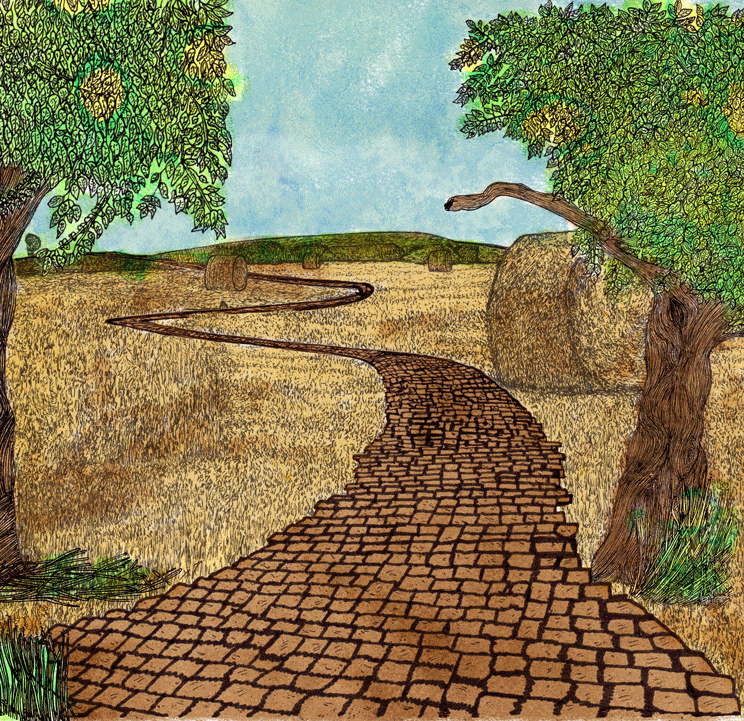

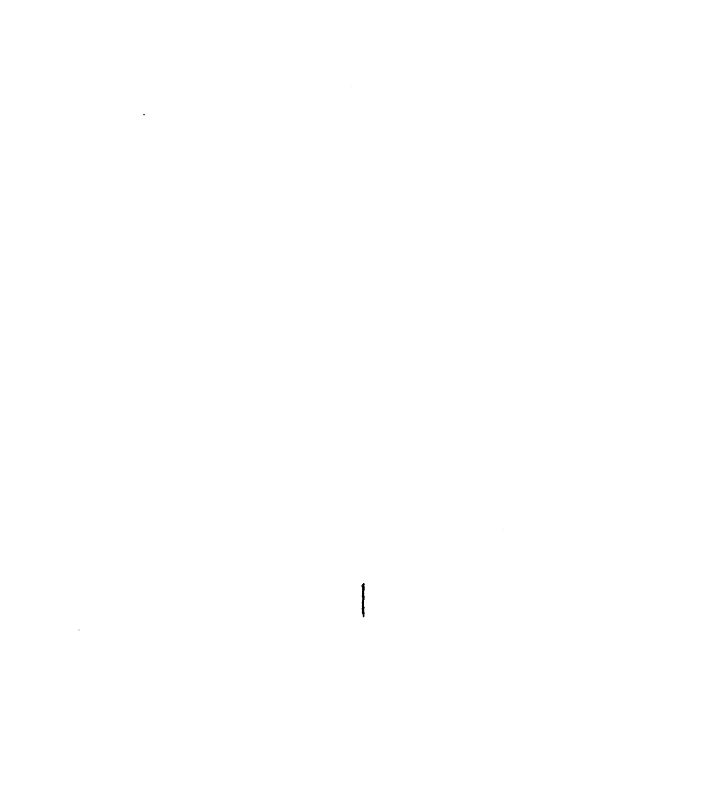

Thus, are we good with the old debate of nature versus nurture?
Not really. We now know there are elements of truth on both sides, as we have seen, nature and nurture interact to the extent that seems impossible to differentiate one from the other.
Still, the big question remains in place, are we born into a fate?
...
Scientific understanding on DNA has evidenced the continuity between the species with scientist and researches constantly stressing that many of the differences between species are often a matter of degree rather than nature
After the decoding of the human genome it was clear that genes influence behaviour, or to expressed precisely, as Prof. Sapolsky explains;
–(…) all behavioural traits are affected to some degree by genetic variability–.
Our genetic heritage holds much more influence over our behaviour and personality than it was previously thought.
Behaviour haven't escaped the ruthless pursuit of natural selection; behaviour evolves, just as the anatomy or the physiology of the organisms. Our thoughts, actions and reactions are reined by biological mechanisms, honed over millennia.
The german philosopher Friedrich Nietzsche famously killed god.
Has evolutionary biology killed free will?
...

Behaviour does not happen in a vacuum, it is entirely context dependant. It would be the context (environment) the ultimate force at shaping the organisms configuration, and it would be also the context (environment) the causal agency of the organism’s behaviour.
Defining environment has been a challenge. Research has shown that environment also involves the reality of the ancestors. The events that your grandparents faced, ultimately will have an influence over the way your genes behave, and in turn, the way you are.
...
Self-knowledge is rare, and most of the times is a sort of a mirage; psychological research has shown that very often, the perception of what individuals hold true about themselves, commonly corresponds to the very opposite of their actions, which is also true for societies. A great deal of the behaviours and personality traits that are socially objectionable, reprehended or even loathed, have biological underpinnings; so shall we wish to avoid them, reduce them, or eradicate them in modern societies, we need to understand them better.
Indeed, it would seem that history repeated itself, or at leas as Mark Twains said “History never repeats itself, but it does often rhyme.” After the discovery, and later decipherment of inscriptions and tales, carved in tablets, orthostates, stones and rocks from the ancient world Hume’s view will find supporting evidence.
Should we abandon all hope seeing how eerily close are the scenes of current wars to the ones depicted in the Victory Stele of Naram-Sin?
HUMAN NATURE HUH?
There is no consensus regarding human nature, even its existence is hotly debated. Yet, there are patterns in human behaviour and recurrences in the historical events that suggest otherwise.
This concept was beautifully described by David Hume in his Enquiry Concerning Human Understanding:
"It is universally acknowledged, that there is a great uniformity among the actions of men, in all nations and ages; and that human nature remains still the same in its principles and operations.
The same motives always produce the same actions.
The same events follow from same causes…”
